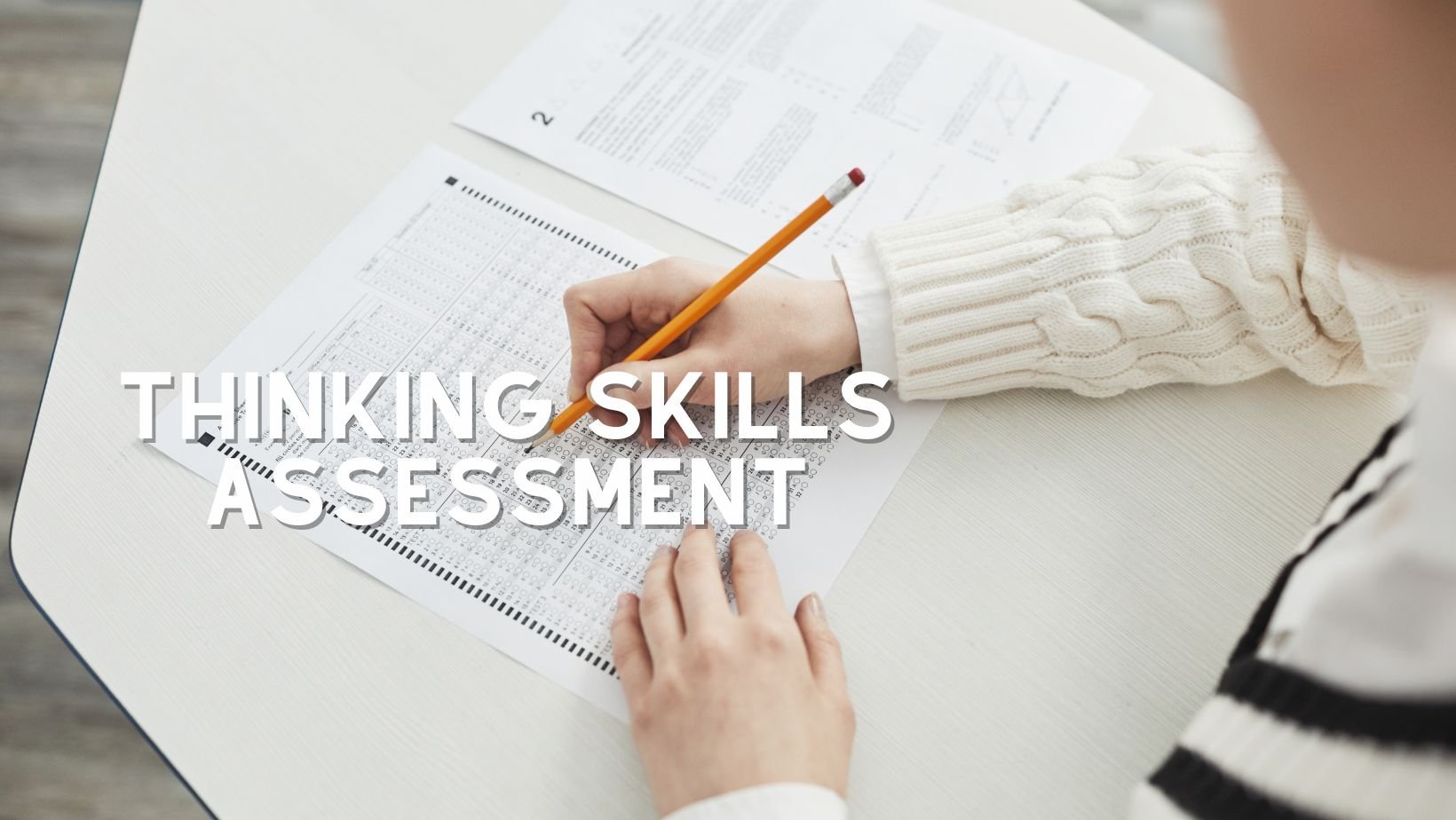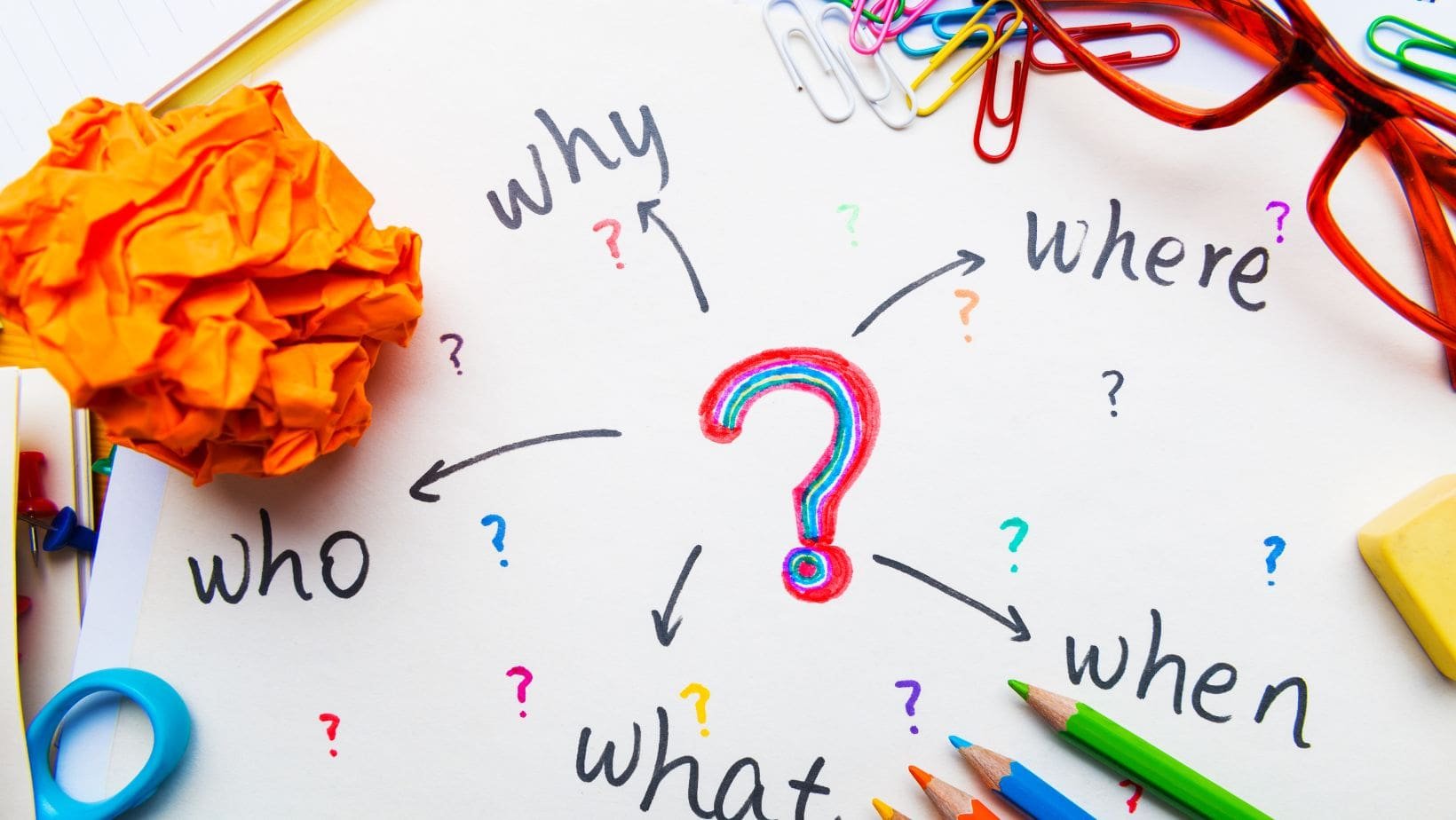How to Approach the TSA Test in 2025: An Oxford Graduate’s Preparation Advice
This guide is written by Rhiannon (Experimental Psychology, University of Oxford graduate). Rhiannon leads you through her top tips for preparation, including how to approach the test, how best to structure your preparation, key aspects of critical thinking and problem solving and examination technique.
What is the Thinking Skills Assessment (TSA)?
The TSA is a test designed to assess your ability to critically analyse and make use of information. It requires both a logical approach to analysis, and creativity in being able to flexibly make hypotheses about the material given. It is currently required for entrance applications to a number of courses at Oxford, Cambridge and UCL universities: Experimental Psychology, Geography, Human Sciences, Philosophy, Politics and Economics, and Psychology, Philosophy and Linguistics. The TSA is specifically designed to assess the skills that are integral to success in these subjects.
The test is comprised of two main question types: critical thinking, and problem solving. The specific question types and skills assessed in these sections are discussed below. Importantly, there is very little specific knowledge that is required for this test. It is based around your ability to engage with and critically analyse information that is provided. However, you can and will improve your score with thorough preparation and a good understanding of what the questions are asking you.
What is the Oxford TSA assessing, and why?
Critical thinking is a key part of university study. Rather than simply reading and absorbing large volumes of information, it is important to be able to assess them for their true meaning. If you read an opinion piece, even from an expert in the field, it is important not just to take it at face value. Upon analysing the structure of an argument, you may find it to be flawed. You may identify that an argument rests upon some hidden assumptions, and that the argument itself is only true if these hidden assumptions are.
Being able to carry out such an analysis is a key part of university essay writing. In your own essays you will also be forming a series of arguments, often through an evaluation and assimilation of the views of others. It is helpful to be aware of the structure of your own reasoning, whether there are any assumptions your argument is relying upon, and if so whether these assumptions will hold. This will make your own arguments more compelling.
Critical Thinking for the Thinking Skills Assessment:
The critical thinking section is based around the appraisal of arguments: examining the components of an argument to see if there are any flaws to it, and that undermine its conclusion.
A premise is something that must be true for an argument to hold. For example, in the argument ‘eating meat is morally wrong because animals are sentient beings’, the premise is that animals really are sentient beings. If they are not, or if their sentience is unknown, then the argument does not hold. When you are reading an argument, think about whether it relies on any particular premises for the conclusions to be true.
Alternatively, an argument may not stand because there is a flaw in its logic. There are a number of reasons for this. For example; sometimes an argument will mistake an association, or correlation, with causation. In the statement ‘people who go running regularly live longer on average, therefore if I go running I will live longer’ it is assumed that because two things (running, and living for longer) are associated, one must cause the other. However, this is not necessarily true, as there may be other reasons for people who run regularly to live longer: for example, they may have had more money, more free time, or have been less likely to have a health condition that could interfere with running.
In the TSA, it is important to base your judgement only on what is given to you in the text. In the above example, you may be aware of evidence showing the running does in fact have a causal association with life expectancy, or you may suspect that it would do. However, this is different to a piece of information that is directly proven by the text.
When an argument is very long or wordy, it can be difficult to work out exactly what the structure of the argument is. It can be helpful to split an argument up into a particular form that you are familiar with, perhaps using arrows, or replacing elements of the argument with ‘A’ or ‘B’. In general, statements that follow words such as ‘so’, ‘thus’, or ‘consequently’ are likely to be the conclusion of the argument.
Problem Solving for the Thinking Skills Assessment
The problem solving component tests your ability to use information in a creative way. It requires logical and numerical skills applied to a novel situation. For example, you may be asked a question on how to organise multiple timings when cooking a meal, or how to transfer a certain volume of liquid given only a limited number and size of containers.
These questions are based around numerical concepts, so you may find it helpful to brush up on some simple mathematical concepts such as percentages and ratios. You may also find it helpful to practise mental arithmetic so that you can answer questions more quickly. However, remember the test is assessing your ability to problem solve rather than any complex mathematical knowledge.
If in doubt, go back to basics and remind yourself what the question is asking you to do. It may help to underline key words from the question stem if you are sitting a paper exam. It can also be very helpful to write down your thought process as you are working out an answer, so that you can go back and correct any mistakes or points of confusion that you come across.
You may find that there are several different ways of answering the question, and you are unsure which method is best. It is perfectly fine to try a number of different ways of coming to an answer by a process of trial and error: after all, this process of logical reasoning is a key part of what the test is assessing! However, be sure to keep an eye on the time and do not spend too long on the most difficult questions at the expense of the other ones. Remember, you can flag and go back to a question later on.
How should I prepare for the TSA?
Practise! Familiarise yourself with the different examples and past questions available online on the TSA website. Remember, although the skills assessed are abstract, you will improve through practice
Try to pick out examples of arguments in everyday life, and focus on attempting to analyse their arguments. What are they really saying (their conclusions)? Does the argument rely on any premises for the conclusion to be true?
Devise a strategy for managing your time. Depending on the type of question that you find the most challenging, you may not wish to split your time equally between the two sections. Make sure you are familiar with the way that you are going to manage your time, so that you aren’t caught out by the end
Make sure you are happy with the logistics of taking the test. Ensure you know the location of the test centre, and leave yourself plenty of time to get there. It is also important to check the identification documents that you need, and make sure you have these ready in plenty of time
Top Tips on the day of the TSA:
There is no negative marking, so make sure you always put an answer down, even if it is a complete guess
Pay attention to timings! Don’t be tempted to spend too much time on a particularly difficult question
Try to stay calm, and don’t panic if you are unsure of the answers. Remember, the test is supposed to challenge you, and there is no need to get every question right! Even the very best candidates will make errors and feel uncertain at times
Good luck!
How Can U2 Help Prepare You For the TSA & Wider Oxbridge Application (e.g. Personal Statement, Interview Preparation, Summer School, Research Projects)?
U2 offers TSA admissions test preparation either as part of our wider Oxbridge Mentoring programmes or as pay-as-you-go sessions (book a free consultation to discuss options).
The Process:
1) We suggest an Oxbridge graduate/ TSA tutor in the student’s course of application as a mentor and send their full CV for review. Our tutors are deeply familiar with the admissions process and experienced in supporting students’ TSA preparation.
2) We typically suggest beginning with a 1.5 hour informal assessment/ taster session, where the mentor will informally assess the student’s current performance level for the TSA (and interview if interested in wider application mentoring). Following this, we issue a report with feedback, and structure a plan to best prepare.
3) U2’s approach for regular TSA sessions: We have linked an example TSA course structure curated for a student looking for a TSA to Interview preparation course (link). This is typically customised by the tutor chosen and individualised to the student and their particular requirements.
Frequency of sessions can be decided between student and mentor. Honing the skills necessary to succeed in the TSA test ideally requires long-term preparation.
Wider Application Support
U2's Oxbridge programmes aim to advance students to the level required for success through regular tutorial sessions and specific admissions preparation (for personal statement, admissions test & interview). In sessions, students are expected to orally communicate, defend, analyse & critique ideas or solve problems, in conversation with the tutor, as in an Oxbridge tutorial. This readies students for the challenging entry process and provides them with the tools needed to stand out amongst other strong candidates.
We offer some of the most comprehensive support available at present, with an entire interactive online platform, Minds Underground™, built to take care of all students' co-curricular needs in preparation for university application and future careers, including research projects, masterclasses and summer schools. U2 has a remarkable track record of success supporting students in entry to Oxbridge and currently work with over 20 schools in the UK and internationally to enhance their Oxbridge provision.
We would be delighted to support you through what can be a challenging, but incredibly rewarding process.
Sessions from £70/h, or we customise wider application programmes (quote on enquiry).



